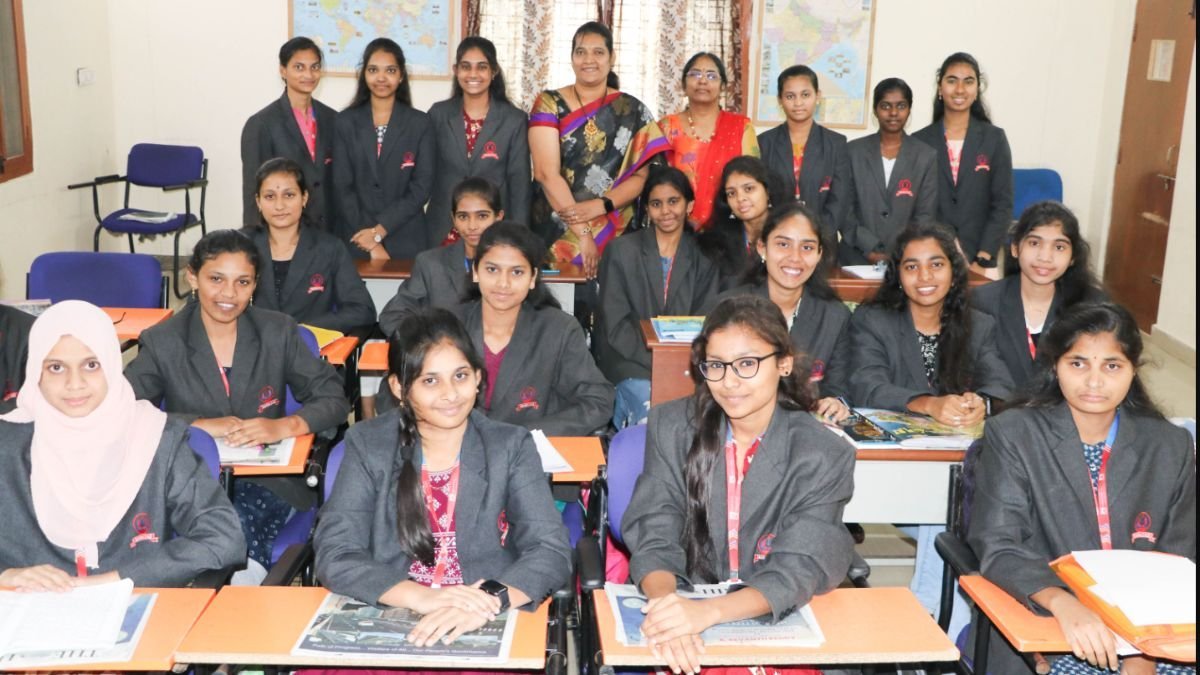
Dr. Ravi Khetarpal, Executive Secretary, Asia Pacific Association of Agricultural Research Institutions (APAARI)
New Delhi [India], June 17: There are about 688 million people undernourished in the world, of which 351 million – more than half — live in the Asia- Pacific region. Further, there are growing concerns that the ongoing Covid-19 pandemic may have undone whatever gains were achieved towards food security in the region. The agriculture sector is facing the most negative consequences of unpredictable and severe climatic conditions; therefore, we need to have innovative and scientific solutions to ensure higher, diseases-free, and nutrient-rich crop production. Asia Pacific region, which is home to 12 out of 46 Least Developed Countries, achieving food and nutrition security is very critical.
The exponential population growth, increasing conflicts, frequent natural calamities, and now major epidemics are going to compound the complexities of global food security in the near future. And the Asia Pacific will be the worst affected due to small farm landholdings. The average size of landholding is just 1 hectare or lower in the region as against the global average of 5.5 hectares. This region occupies one-fourth of the global landmass but houses more than half of the total world population. The Asia Pacific is expected to drive economic growth over the next decade as the region constitutes 40 percent of the global economy, including rising economic powers such as China, Japan, Australia, and India. While there are some economically stable and rich countries in the region, most countries in the region are either developing or underdeveloped, and primarily are dependent on agriculture.
The Asia Pacific faces the additional problem of low crop productivity and inadequate arable land for agricultural expansions. Thus, increasing food production in highly populated areas requires an innovative approach beyond the conventional methods. Farmers are also restricted by the cost of crop inputs such as fertilizers and pesticides as well as possible re-seeding in case of severe weather changes. Frequent drought and floods are harbingers to climate change, which makes the smallholder farmer in South Asia most vulnerable than any other part of the world. But I am quite confident that innovative techniques like gene editing will provide reliable, speedily implementable solutions to current agricultural challenges.
Gene editing uses a natural process to make genetic changes that could be achieved by conventional means, though in a more precise and quick manner. The precision in targeting the desired location lets the gene-editing technique stand out among other plant breeding methods. Gene editing could lead to sustainable intensification of agriculture, increase nutritional value, and enhances the resilience of crops to climate change. The Asia Pacific accounts for 60 percent of fertilizer sales. Gene editing also supports plants to efficiently utilize soil nitrogen and thus lower the use of nitrogen-fertilizers. Thus, these factors will not just help poor farmers to save money but enable plants to grow to their highest potential and give the best output.
Meeting our food demands without compromising environmental integrity is a big challenge for our sustainable future. In the Asia Pacific, at least 12 countries have started using gene-editing technology. There has been a positive response from many countries as gene-editing techniques are proving to be quite beneficial. According to market researches, the current value of the gene-editing industry is USD 80 million, which is expected to surpass 2.1 billion figures by 2026. There seems to be huge scope for gene editing techniques in the Asia Pacific in the coming future, for they can protect farming and rural livelihoods by developing high-yielding and climate-proof crops and that too at comparatively low cost.
There has been positive policy support for gene editing in many countries in the Asia Pacific, though many are regulating them as genetically modified (GM) crops. Both Australia and Japan do not regulate gene-edited crops with no DNA insertion in them. Japan already has allowed the sale of gene-edited ‘super tomatoes, which is seen as a big step for gene-editing technology. The Philippines too is in the process of coming up with science-based reasonable guidelines for gene-edited organisms. Many other nations like Indonesia are already developing improved crops using gene editing. Consumer acceptance surveys done in Japan and Korea indicate that consumers prefer gene-edited products, though there is a need to create greater awareness regarding the technology. The Indian government has come up with detailed draft guidelines for the use of gene-editing technology but these are still pending approval. Therefore, India’s leadership role in the region has been compromised in the absence of a specific regulatory framework for gene editing, even though immense investment has been made by the Department of Biotechnology (DBT)to support research in the field. Today, consumers are seeking safe and healthy food, which is grown without pesticides and has healthier nutritional value. Gene editing stands to fulfil these demands. There is a need for wider public acceptance and supportive government policies if gene-editing technology is to be used for the greater good of mankind.















